A surge in demand among Indian consumers for gold jewellery and bars after a recent cut to tariffs is helping to drive global bullion prices to a series of fresh highs.
India’s gold imports hit their highest level on record by dollar value in August at $10.06bn, according to government data released Tuesday. That implies roughly 131 tonnes of bullion imports, the sixth-highest total on record by volume, according to a preliminary estimate from consultancy Metals Focus.
The high gold price — which is up by one-quarter since the start of the year — has traditionally deterred price-sensitive Asian buyers, with Indians reducing demand for gold jewellery in response.
But the Indian government cut import duties on gold by 9 percentage points at the end of July, triggering a renewed surge in demand in the world’s second-largest buyer of gold.
“The impact of the duty cut was unprecedented, it was incredible,” said Philip Newman, managing director of Metals Focus in London. “It really brought consumers in.”
The tariff cut has been a boon for Indian jewellery stores such as MK Jewels in the upmarket Mumbai suburb of Bandra West, where director Ram Raimalani said “demand has been fantastic”.
Customers were packed into the store browsing for necklaces and bangles on a recent afternoon, and Raimalani is expecting an annual sales boost of as much as 40 per cent during the multi-month festival and wedding season that runs from September to February.
Raimalani praised India’s government and “Modi ji”, an honorific for Prime Minister Narendra Modi, for reducing gold duties.

Expectations of rapid interest rate cuts by the US Federal Reserve have been the main driver of gold’s huge rally this year, according to analysts. Lower borrowing costs increase the attraction of assets with no yield, such as bullion, and are also likely to weigh on the dollar, in which gold is denominated.
The Fed cut rates by half a per cent on Wednesday, pushing gold to yet another record high, just below $2,600.
But strong demand for gold jewellery and bars, as well as buying by central banks, have also helped buoy prices.
India accounted for about a third of gold jewellery demand last year, and has become the world’s second-largest bar and coin market, according to data from the World Gold Council, an industry body.
However, that demand has meant that domestic gold prices in India are quickly catching up to the level they were at before the tariff duty cut, according to Harshal Barot, senior research consultant at Metals Focus.
“That entire benefit [of the tariff cut] has kind of vanished,” said Barot. “Now that prices are going up again, we will have to see if consumers still buy as usual.”
Jewellery buying had been flagging before the cut in import duty, with demand in India in the first half of 2024 at its lowest level since 2020, according to the World Gold Council.
India’s central bank has also been on a gold buying spree, adding 42 tonnes of gold to its reserves during the first seven months of the year — more than double its purchases for the whole of 2023.
A person familiar with the Reserve Bank of India’s thinking called the gold purchases a “routine” part of its foreign exchange reserve and currency stability management.

In China, the world’s biggest physical buyer of gold, high prices have meant fewer jewellery sales, but more sales of gold bars and coins, which surged 62 per cent in the second quarter compared with a year earlier.
“We observed strong positive correlation between gold investment demand and the gold price,” wrote the World Gold Council, referring to China.
All of this has helped support the physical market and mitigate the impact that high prices can have in eroding demand.
“It acts as a stable foundation for demand,” said Paul Wong, a market strategist at Sprott Asset Management. “In parts of Asia, gold is readily convertible into currency,” making it popular for savings, he said.
Western investor demand has also been a big factor in bullion’s rally, with a net $7.6bn flowing into gold-backed exchange traded funds over the past four months.
After hitting a fresh high on Wednesday, analysts warn there could be a correction in the gold price.
“When you have this scale of anticipation [of rate cuts], for this long, there is room for disappointment,” said Adrian Ash, London-based director of research at BullionVault, an online gold marketplace. “I think there is scope for a pullback in precious alongside other assets.”
Whether or not gold pulls back from its record highs, Indian jewellery demand looks set to remain strong through the coming wedding season, according to MK Jewels’ Raimalani.
Soaring prices of bullion have been no deterrent to his customers, he added. “Indians are the happiest when prices go high because they already own so much gold. It’s like an investment.”

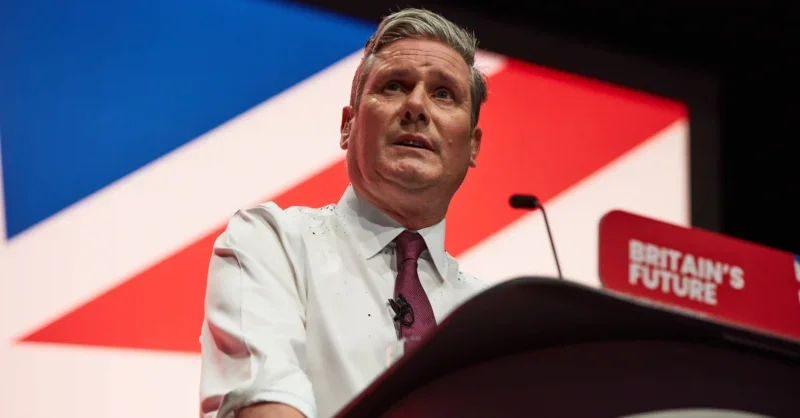
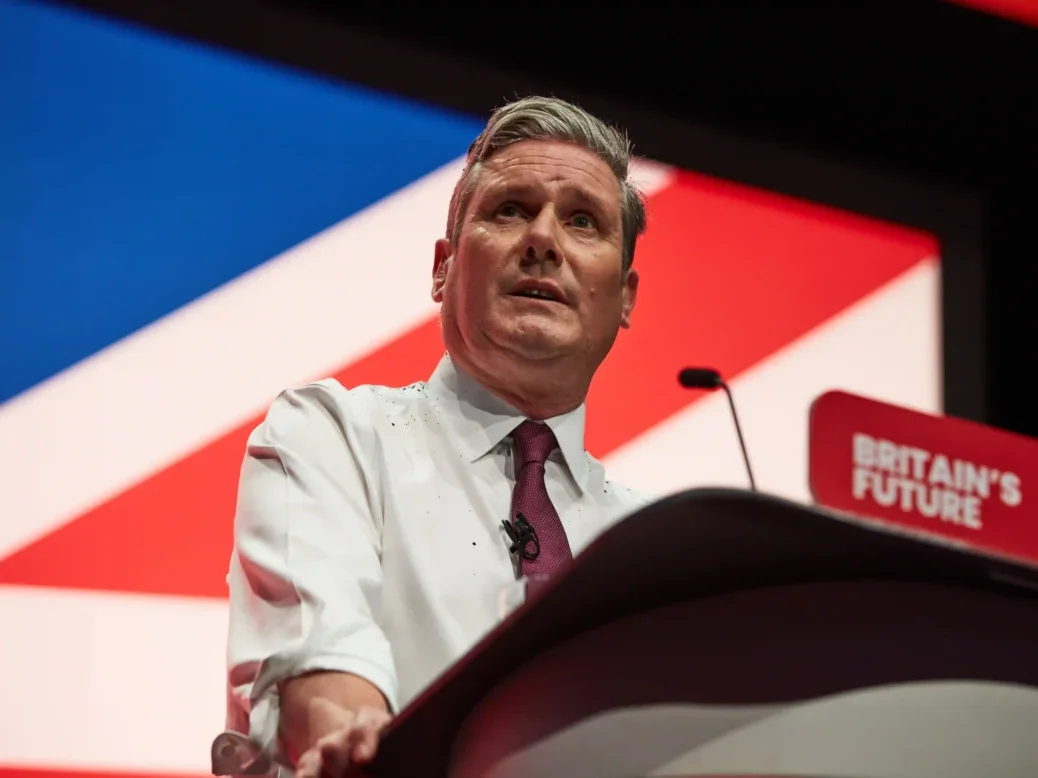


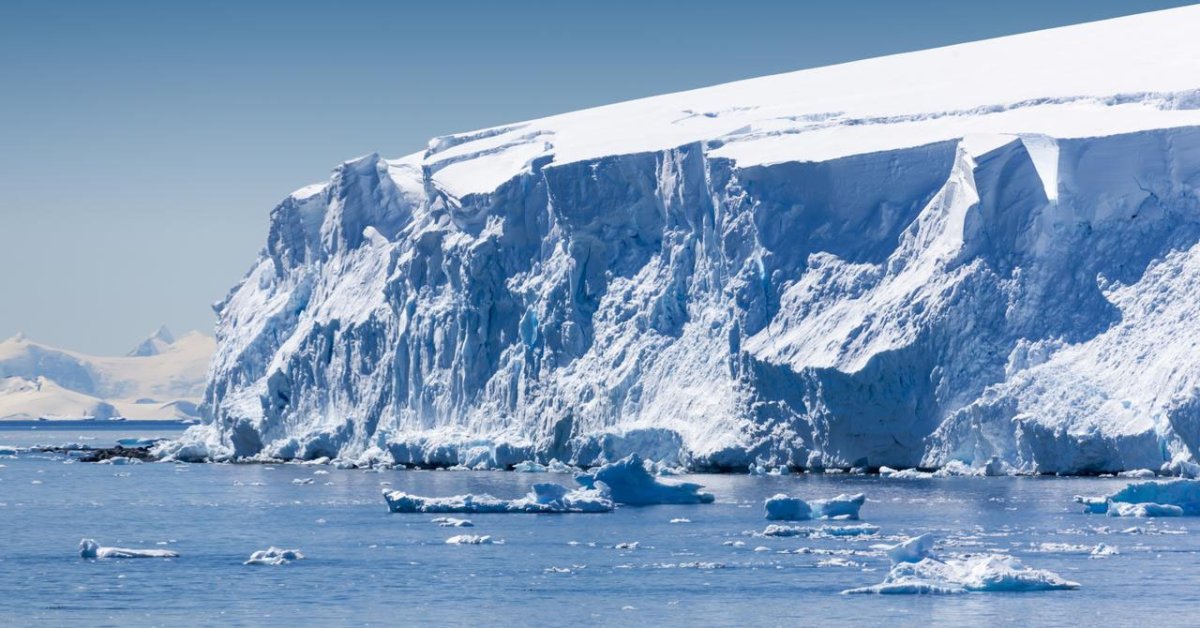


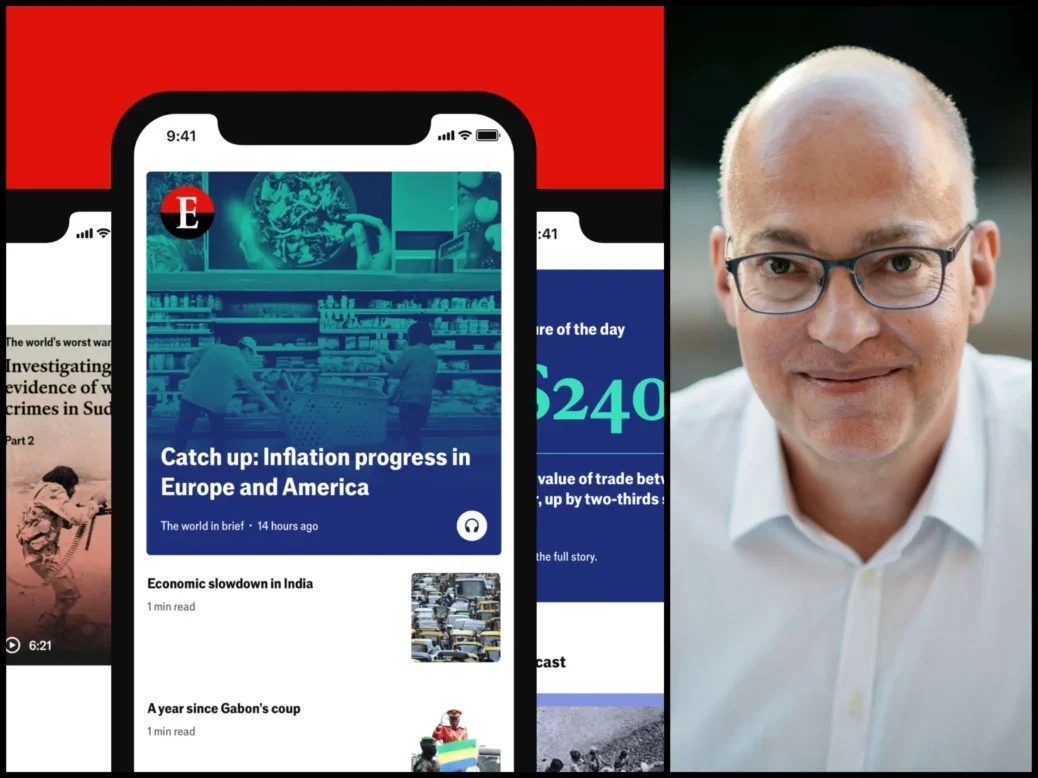






























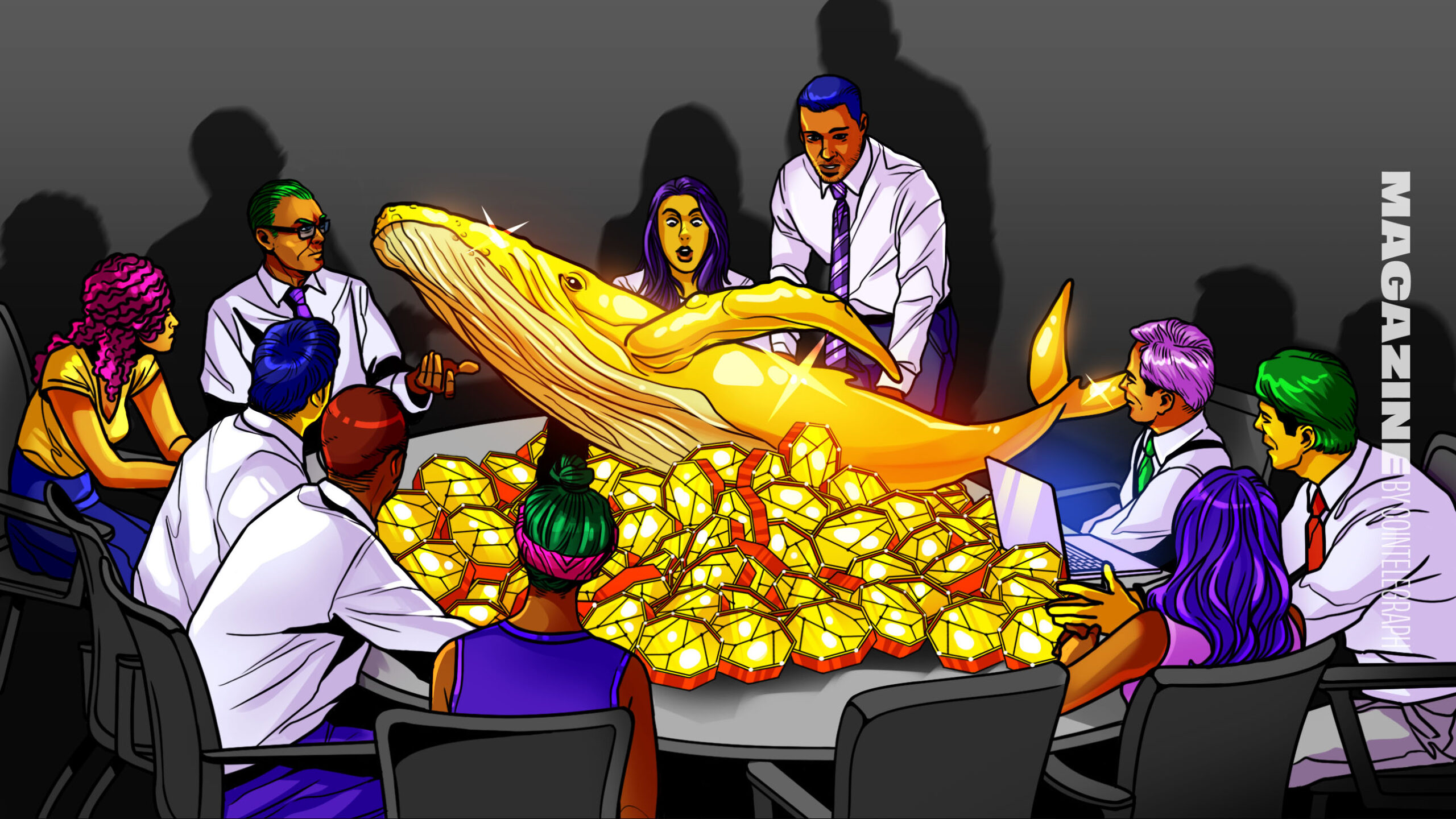




























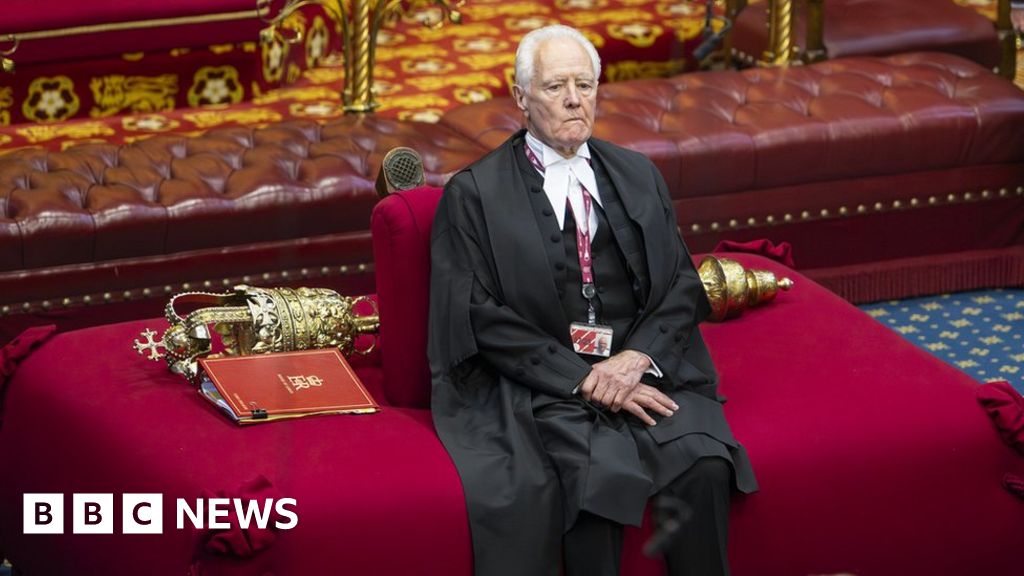
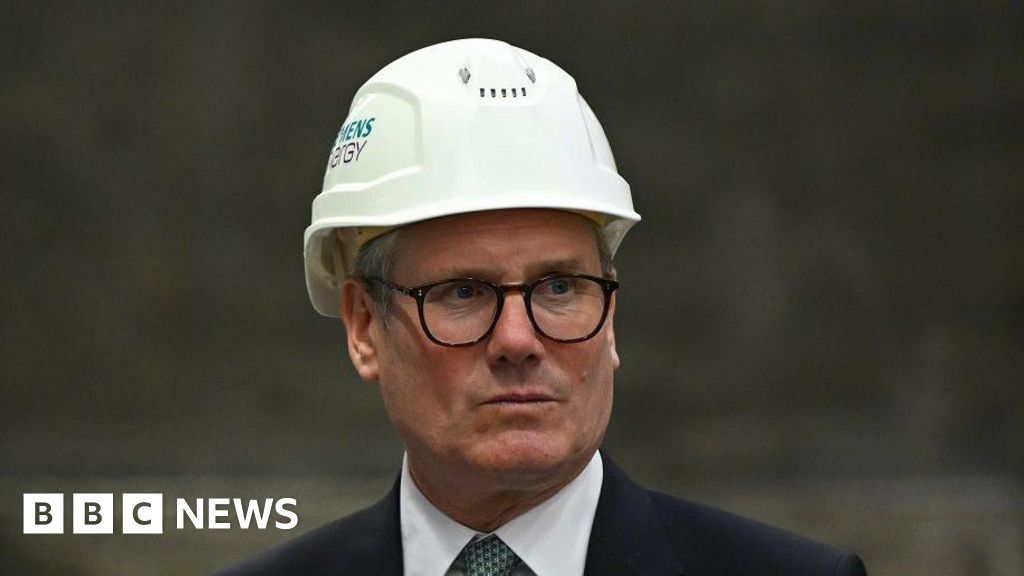



























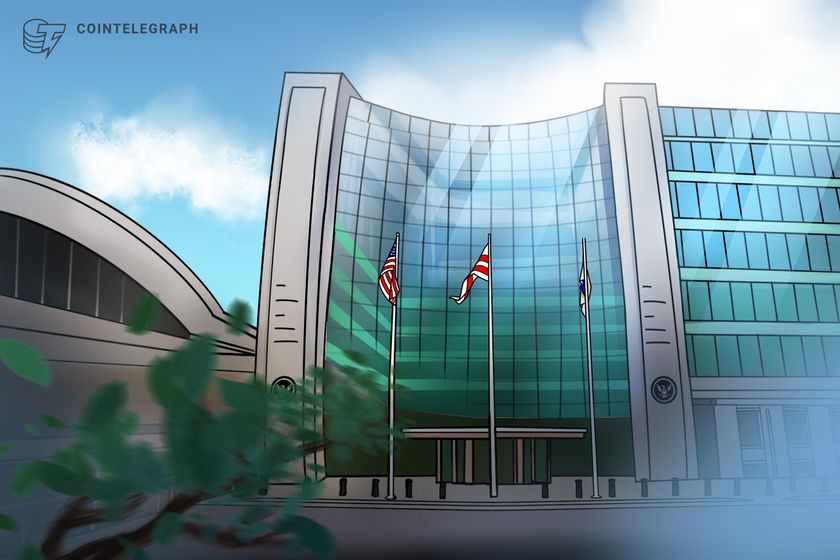







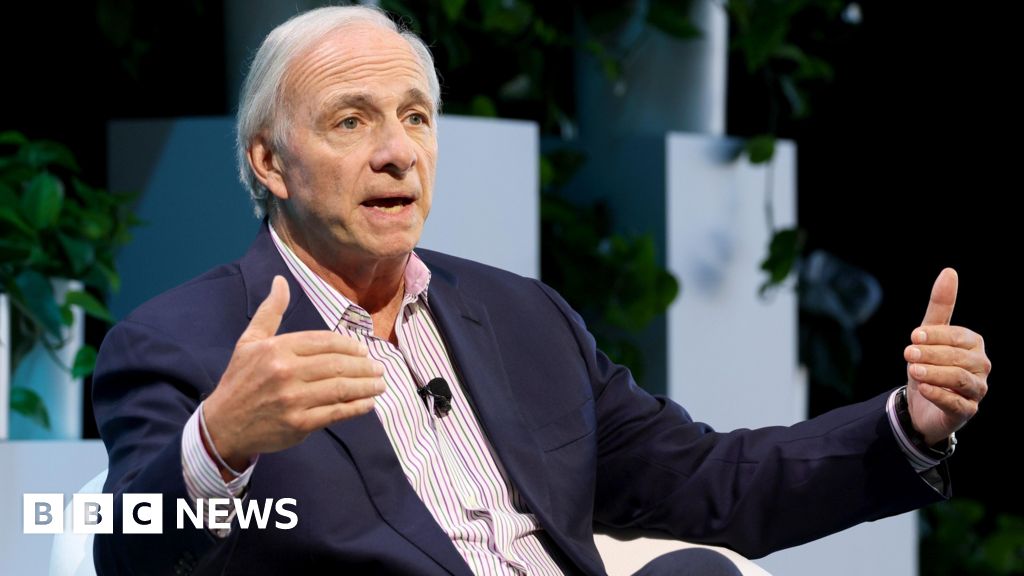

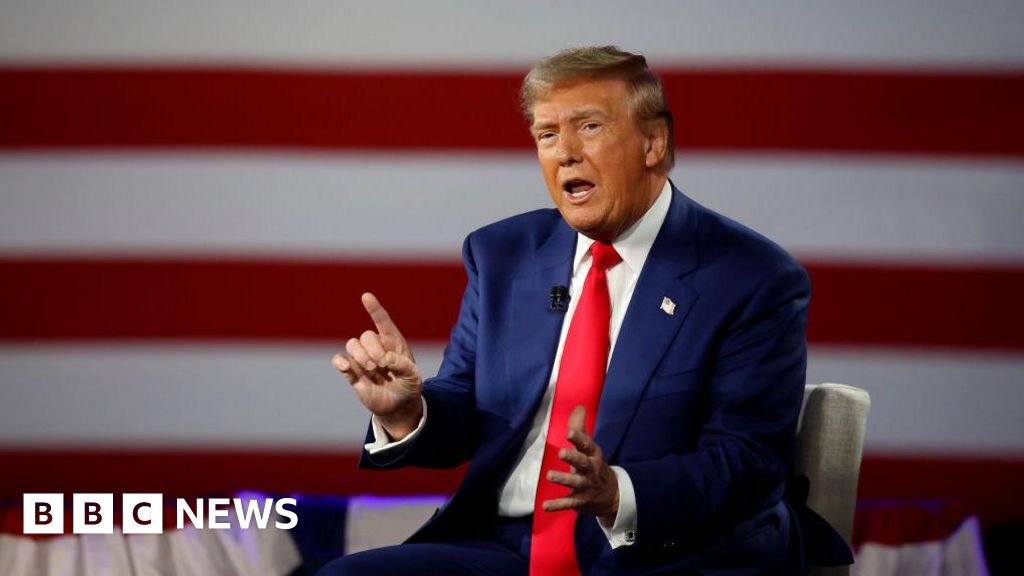



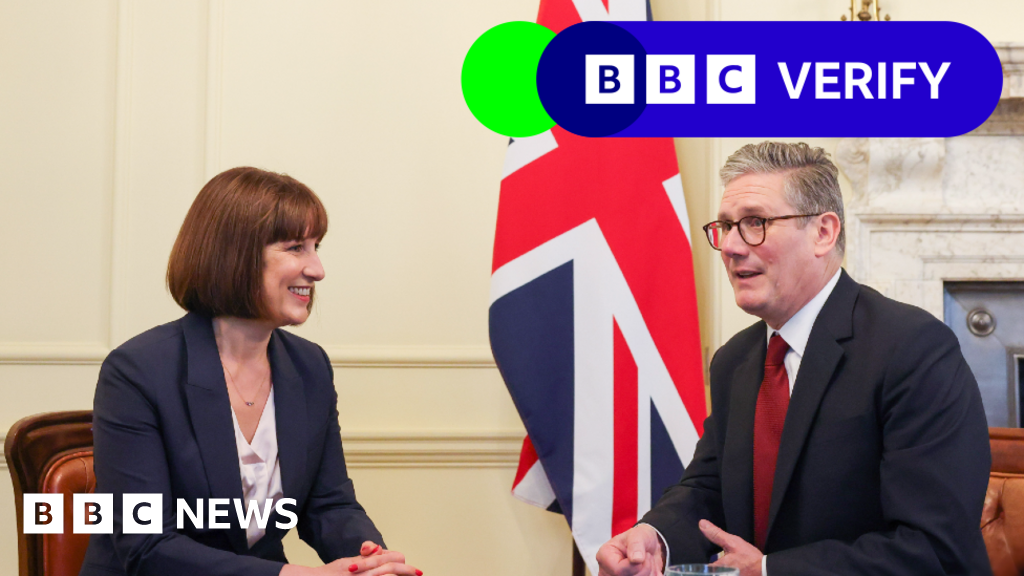









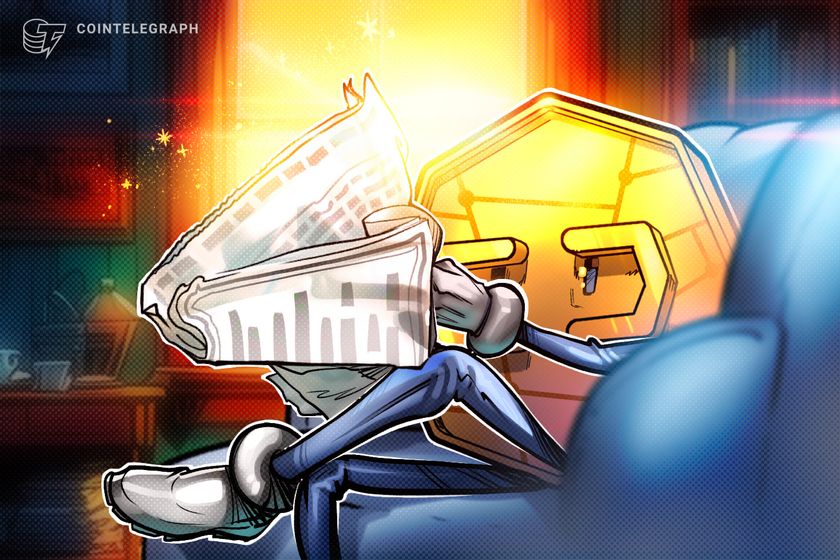


You must be logged in to post a comment Login